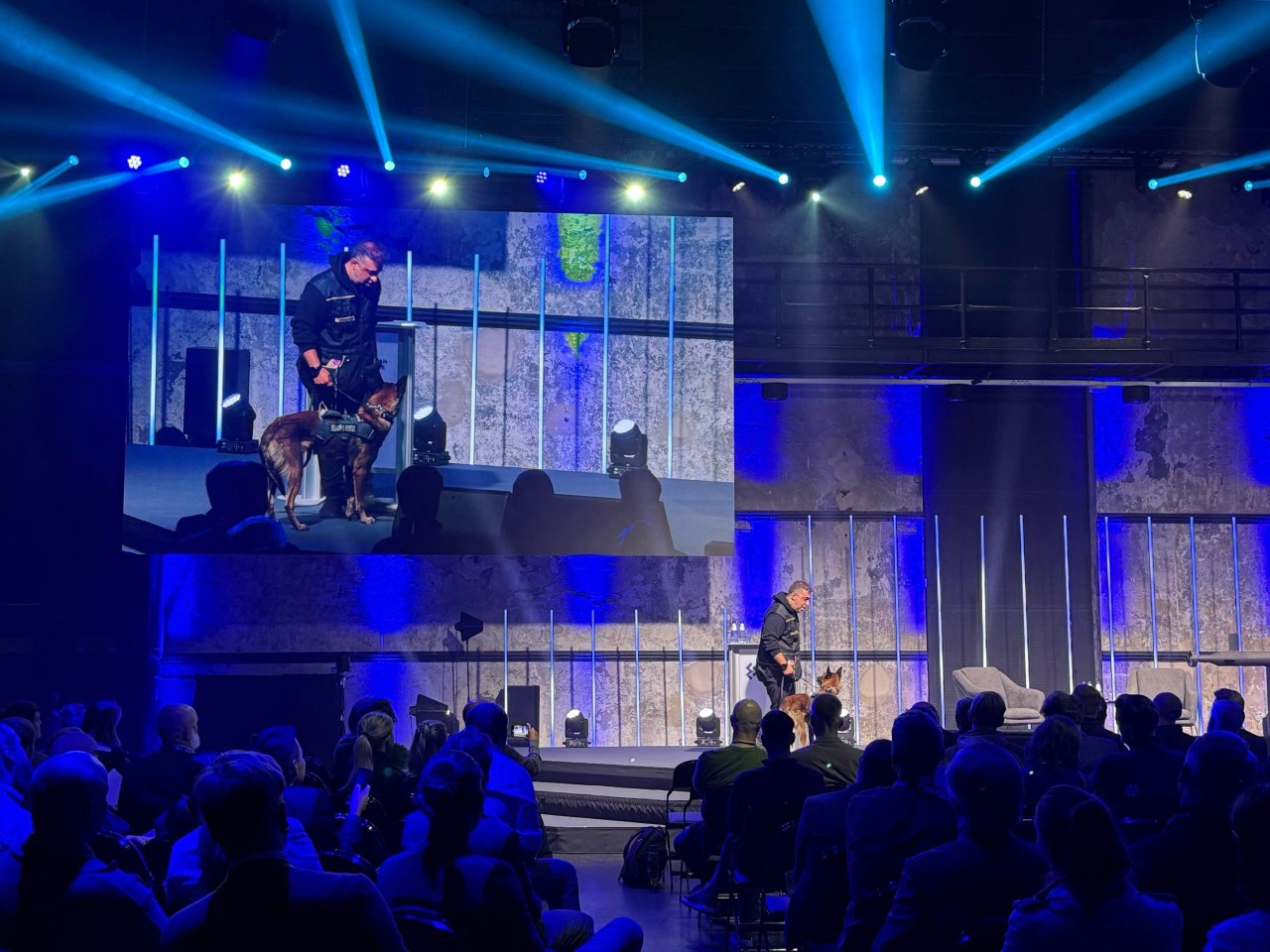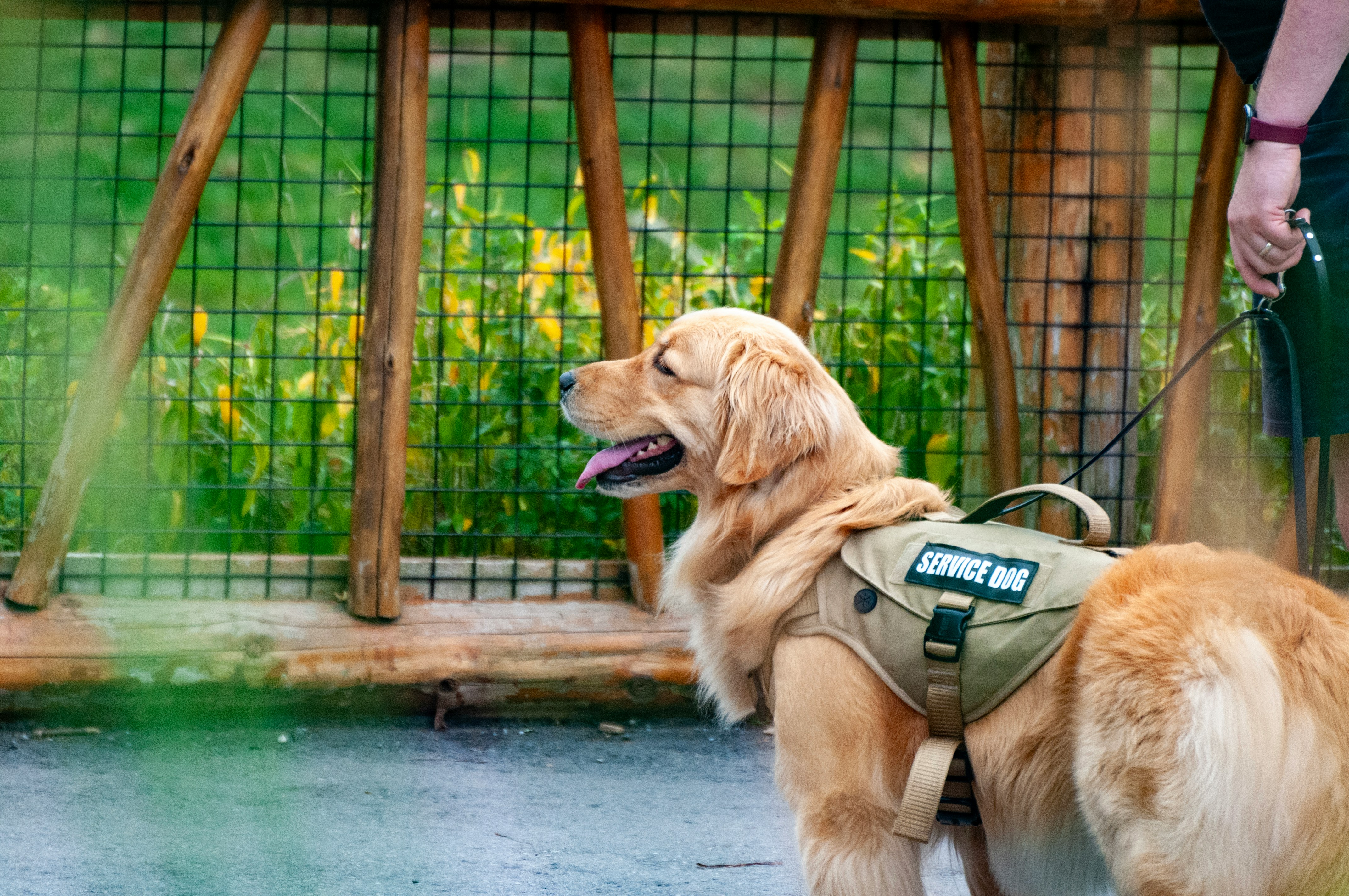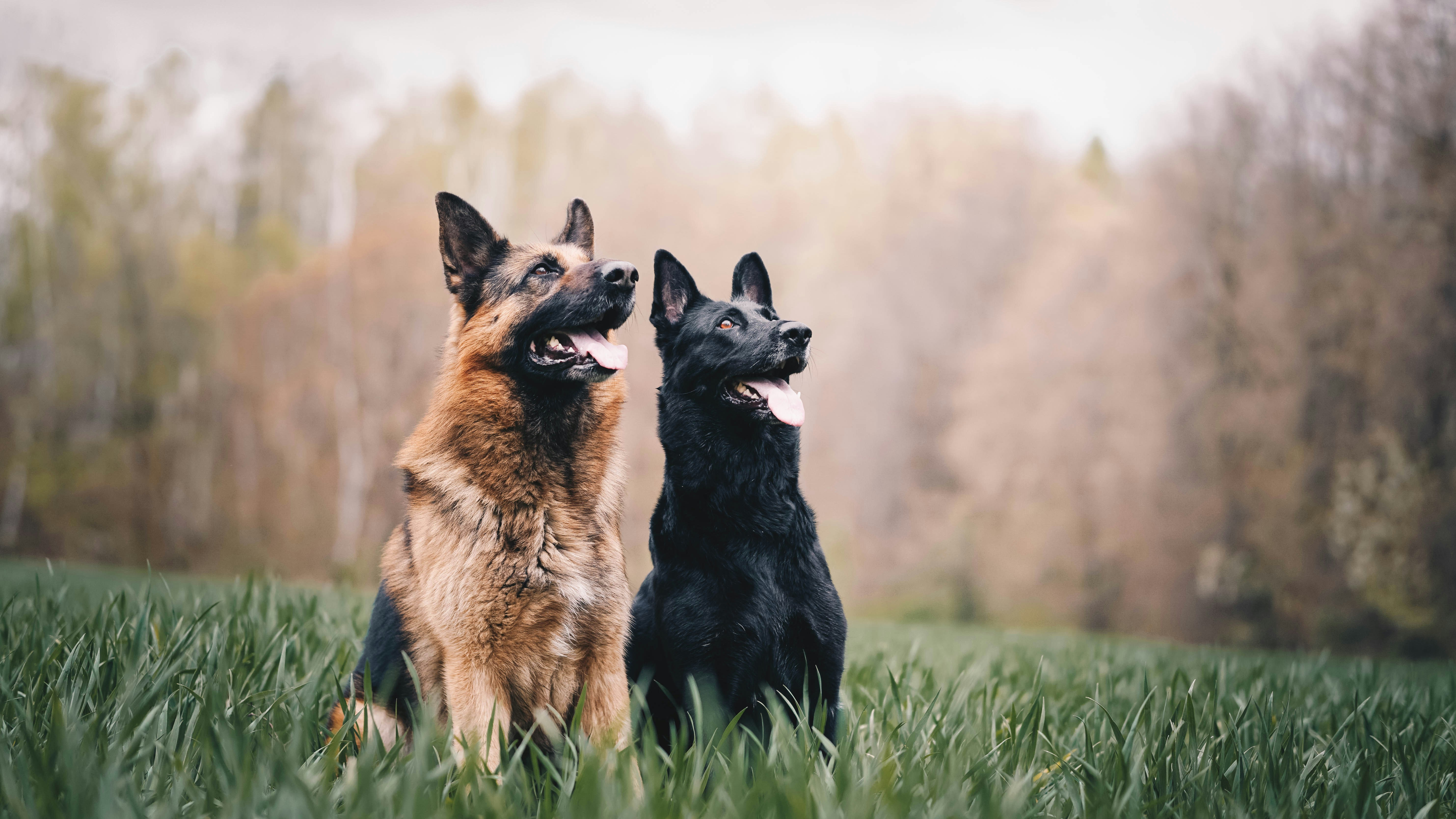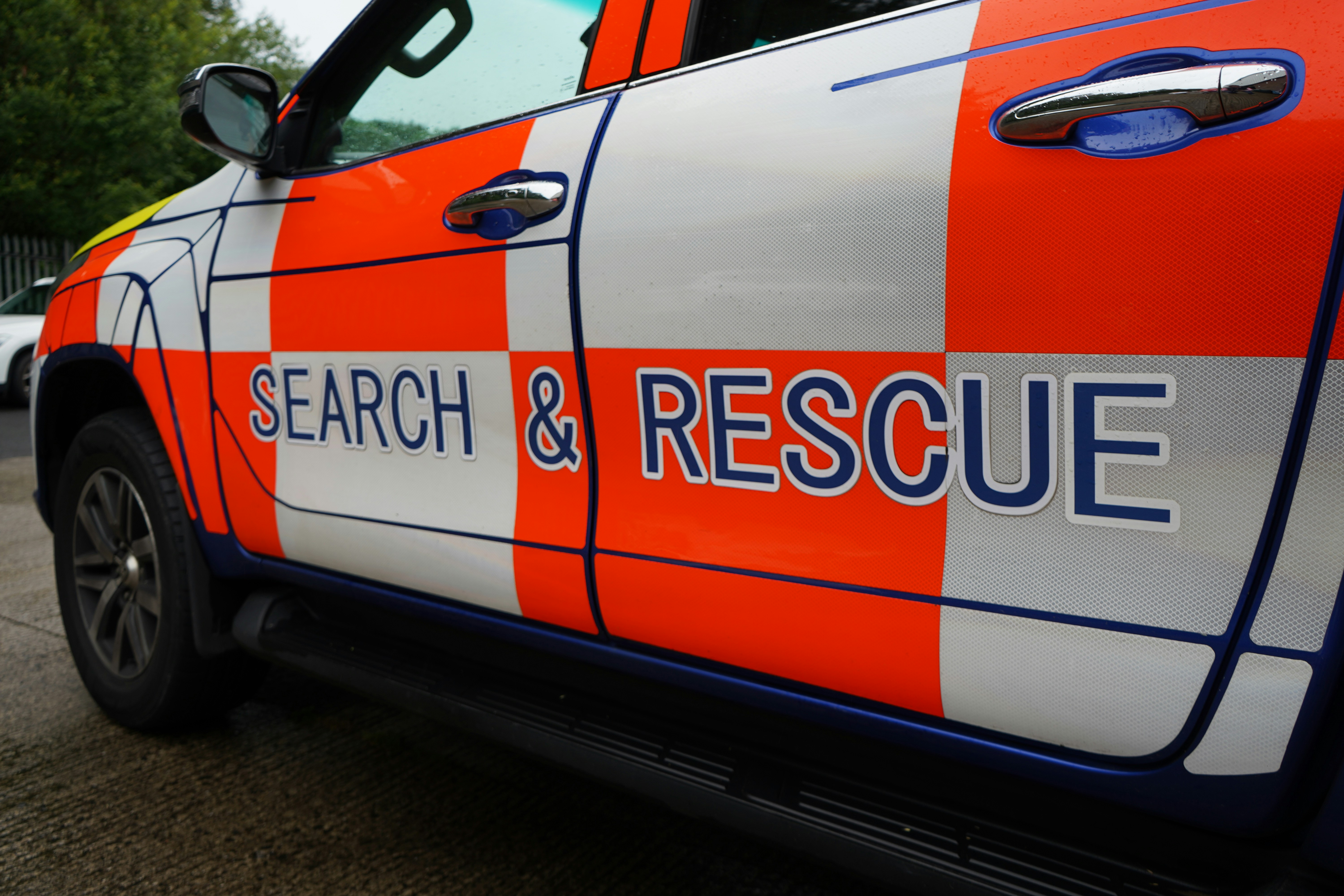
SAR Budgeting Tips: Maximizing Efficiency Without Breaking the Bank

Search and Rescue (SAR) teams often operate on shoestring budgets – whether they’re small volunteer squads or part of municipal agencies. Yet these teams are expected to perform at a moment’s notice with lifesaving efficiency. How can an efficient SAR team save money while staying mission-ready? In this post, we’ll explore practical SAR team budgeting tips to maximize resources, cut costs, and get the most from your K9 units without compromising performance.
1. Prioritize Essential Needs and Plan Ahead
Start by taking a hard look at your team’s must-haves versus “nice-to-haves.” Map out all expenses – from training and gear to K9 care and transportation – and prioritize those that directly impact mission success. This ensures critical needs are funded first. Keep in mind that SAR team budgets can vary wildly. For example, in Colorado some larger volunteer teams have annual budgets over $100,000 (with fleets of trucks and dozens of members), whereas the smallest teams operate on under $10,000 a year Regardless of size, most teams have to be frugal and self-funded through fundraising, grants, and donations coloradosar.org.
Tip: Create an annual SAR budget plan that allocates funds to core areas (training, equipment, working dogs maintenance, etc.) and anticipates seasonal costs. By planning ahead, you can avoid overspending on non-essentials and set aside a reserve for unexpected mission expenses (like vehicle repairs or emergency equipment replacements).
2. Train Smart and Retain Your Volunteers
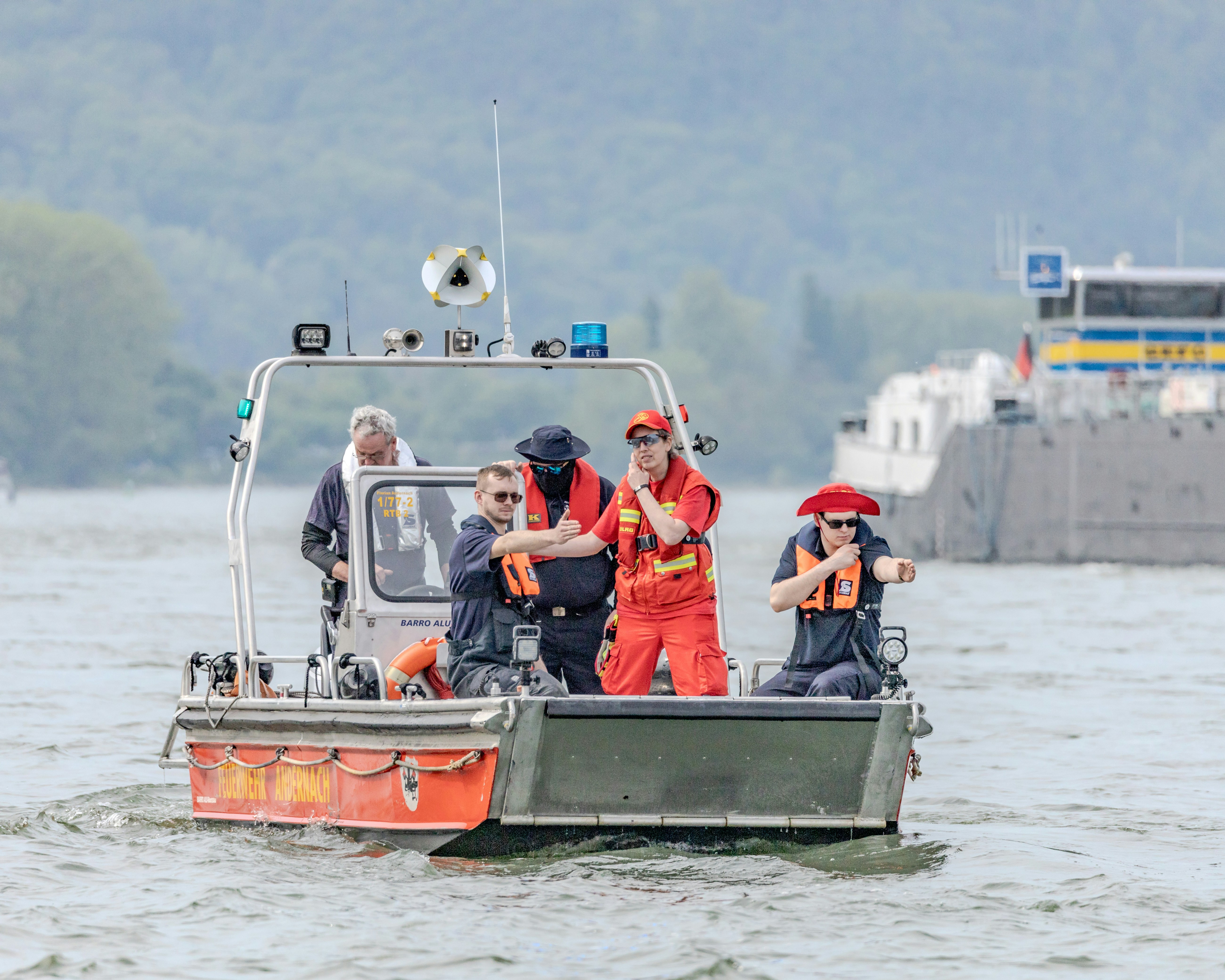
One of the biggest hidden costs in SAR is personnel turnover. Training new SAR members – especially K9 handlers and technical specialists – requires significant time and resources. Investing in efficient training and keeping your team engaged will pay off by reducing dropout rates. Consider using low-cost or free training resources (such as online FEMA courses or community-offered workshops) to build skills without hefty fees. Coordinate joint training exercises with neighboring teams to share instructors and split costs.
Remember that every hour a volunteer spends training is valuable. In fact, one analysis showed that a single new SAR volunteer may spend nearly 1,000 hours in their first year training and preparing – time valued at over $22,000 – before they even go on a real mission (team-solutions.us). If that volunteer quits due to burnout or financial strain, all that investment is lost. To improve retention, aim to make training well-organized, time-efficient, and cost-effective. Minimize unnecessary travel by rotating training locations or leveraging online learning for classroom topics. Providing some support for expenses (like gas reimbursements or team-owned gear) can also relieve volunteers’ personal financial burden. A well-trained, experienced member is an asset you want to keep; studies show teams with more veteran members are more successful in searches. By nurturing your existing talent, you save the costs of constantly recruiting and training new people.
3. Get the Most from Your K9 Units on a Budget
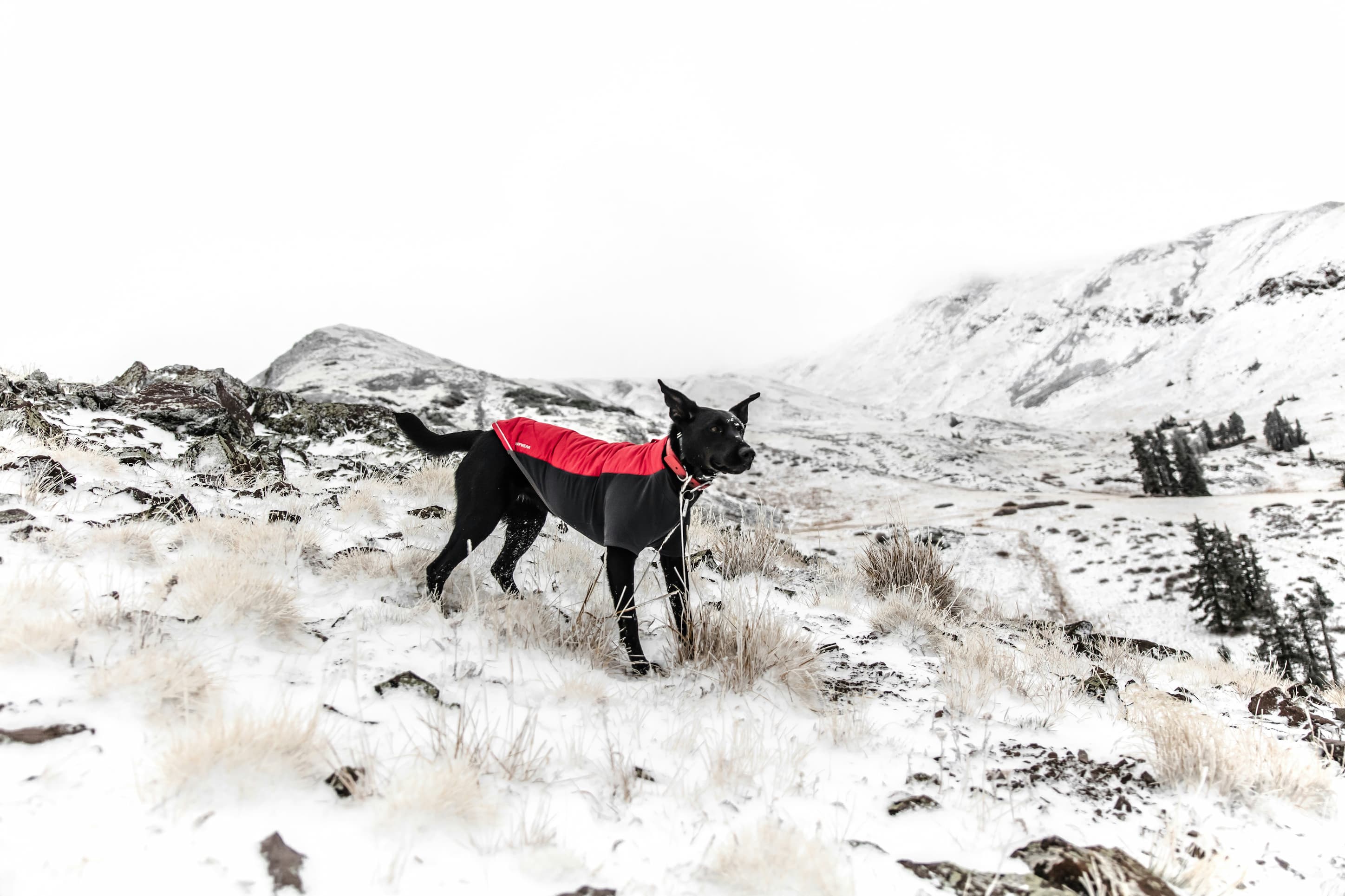
K9 teams are a force-multiplier in SAR – a single dog’s nose can cover ground faster than dozens of people – but they can also be a significant budget item. The cost to acquire and train a qualified SAR dog and handler pair can run tens of thousands of dollars over time. However, there are savvy ways to maximize your K9 unit without overspending:
- Select and train wisely: You don’t always need to buy an expensive, purpose-bred puppy. Some national organizations, like the National Disaster Search Dog Foundation (SDF), have demonstrated cost-effective models: they recruit high-drive rescued dogs rather than purchasing or breeding new ones (searchdogfoundation.org). Consider partnering with rescue groups or shelters to identify suitable working-dog candidates. Many amazing SAR dogs start as rescues with zero price tag. Similarly, pair new dogs with experienced volunteer SAR handlers (for example, SDF often partners dogs with skilled firefighters or first responders) to leverage existing talent (searchdogfoundation.org) – this way you’re not hiring additional staff for handling.
- Budget K9 care and gear: Plan for the ongoing costs of maintaining a healthy, effective dog. This includes quality food, routine vet care, and necessary gear (like harnesses, boots, or GPS collars). Preventative healthcare is cheaper than emergency vet bills, so allocate funds for regular check-ups and vaccinations. For gear, look for sponsorships or discounts – many equipment providers offer special pricing for SAR teams. Also, take advantage of hand-me-downs: a retired working dog’s vest or cooling coat can be passed to the next K9 if still in good condition.
- Optimize training investment: Training a SAR dog to certification level is costly in time and money, so ensure those training hours count. Utilize volunteer-run K9 training groups, which often have lower fees, or host training workshops where multiple teams share the cost of a professional instructor. Cross-train your K9 units for versatility if possible (e.g. a dog that can do both live find and human remains detection) – this can be more cost-effective than maintaining separate dogs for each specialization when budgets are tight. And once your dog is mission-ready, deploy them wisely on searches where their skills provide the biggest benefit, to justify the investment in their training.
By focusing on these strategies, you’ll get outstanding performance from your K9 unit without breaking the bank – keeping those canine heroes ready to save lives.
4. Leverage Grants, Sponsorships, and Community Support
When internal funds are limited, look outward. A key part of SAR cost management is tapping into external funding sources that many teams overlook. Grants are a prime example: both government and private grants exist to help SAR teams acquire equipment or fund training. Do some research on grants from national organizations and foundations – for instance, the AKC Reunite fund recently awarded over $400,000 in grants to volunteer K-9 SAR teams across the U.S. As the AKC Reunite CEO noted, “Team volunteers rely on grants and other similar funding for necessary supplies, certification training and travel”. This illustrates that substantial help is available if you apply for it. Keep an eye out for programs like the annual Rocky Talkie SAR Awards or local emergency preparedness grants; even small grants ($5,000-$10,000) can cover critical gear or offset training costs.
Sponsorships and donations are another lifeline. Cultivate relationships with local businesses and community groups. Outdoor gear companies, pet supply stores, and even vet clinics might be willing to sponsor your team with discounts or donated equipment. In return, you can offer public acknowledgment or demonstrations at community events – a win-win for public relations. Many volunteer SAR teams hold fundraisers (community picnics, charity runs, bake sales, etc.) which not only bring in funds but also raise awareness of your mission. Engaging the public with your K9 units – for example, doing a search demo or letting people meet the dogs – can inspire generous donations and even attract new volunteers.
Lastly, don’t forget to make use of any support available through national organizations and networks. The National Association for Search and Rescue (NASAR), for example, offers training resources and may help connect your team with wider SAR communities. Being part of these networks can lead to knowledge about new funding opportunities or cost-sharing initiatives. Additionally, if you’re a municipal agency-affiliated team, work with your local government to explore budget supplements (some regions reimburse volunteer teams for fuel or equipment used during missions). It never hurts to ask, and it can ease the burden on your primary budget.
Conclusion
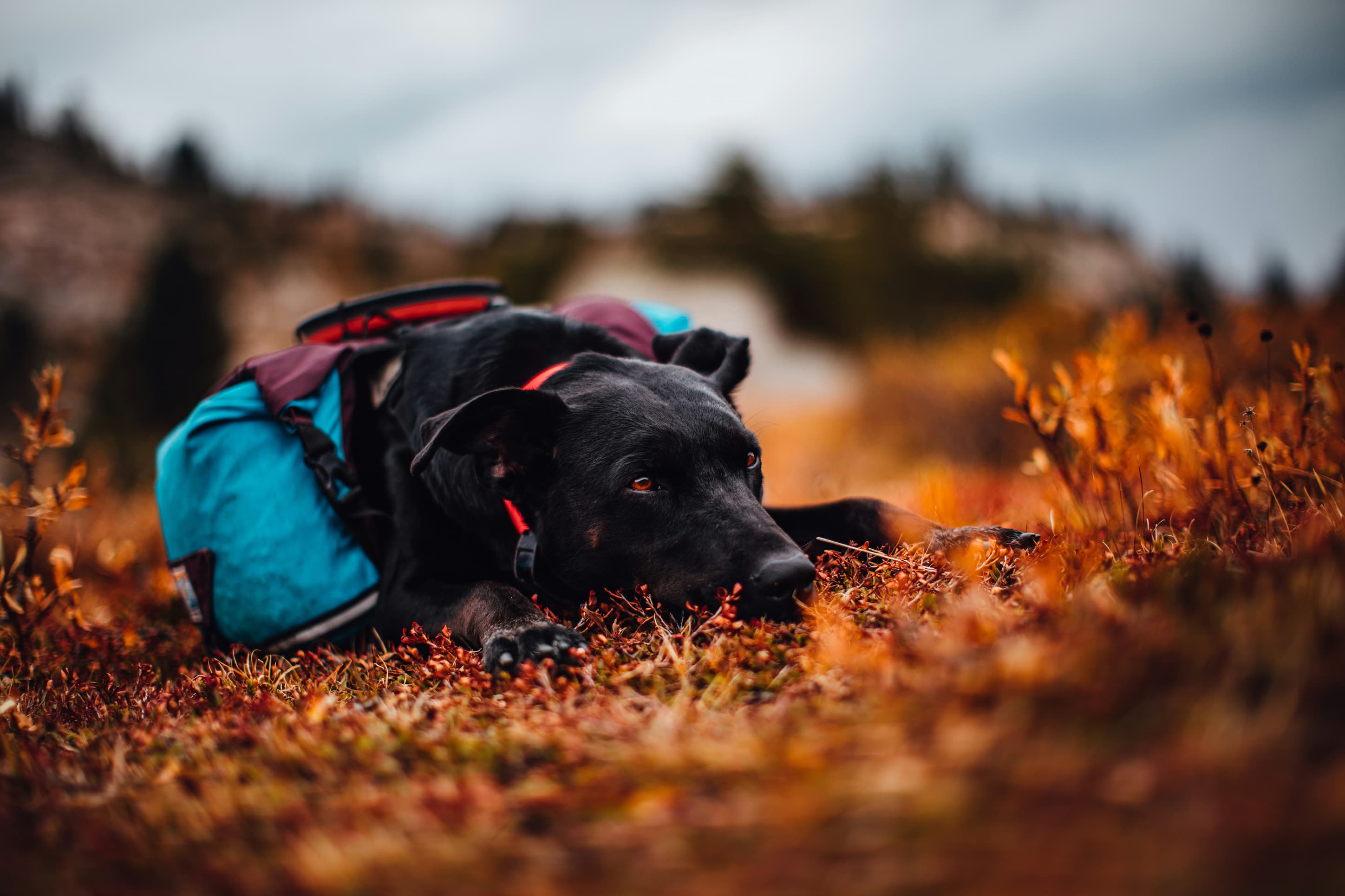
Running a capable SAR team “without breaking the bank” is all about balance. By planning meticulously, investing in your people and dogs wisely, and embracing outside support, even a volunteer SAR unit with limited funds can achieve remarkable efficiency. SAR team budgeting isn’t just an administrative task – it’s a form of preparedness. Every dollar saved and every resource maximized is funding that can go back into saving lives. With smart cost management, your team will stay ready to answer the call, proving that dedication and creativity are just as important as dollars in the world of search and rescue.
How DogBase Can Help with Fundraising
Clear reporting and data-driven insights are powerful fundraising tools. With DogBase, SAR teams can:
- Generate detailed training logs and performance reports that demonstrate the readiness and effectiveness of both K9 units and handlers.
- Show measurable progress in deployments, certifications, and training hours – metrics that donors and grant organizations love to see.
- Highlight cost-efficiency by tracking how resources are allocated and used.
- Share impact stories backed by data, turning every mission and training session into a compelling case for support.
By presenting this kind of transparent, professional reporting, your team can stand out when applying for grants, approaching sponsors, or rallying community donations. In other words: DogBase not only helps you run a more efficient SAR team – it also helps you secure the funding to keep doing it.
Sources:
- Colorado Search and Rescue Primer – funding and budget ranges for volunteer SAR teamscoloradosar.org.
- TEAM Solutions – analysis of volunteer time and monetary value in SAR trainingteam-solutions.us.
- DogBase Blog – cost estimates for training a SAR dog team (NDSDF data)dogbase.co.
- National Disaster Search Dog Foundation – cost-saving approach of using rescued dogs and volunteer handlerssearchdogfoundation.org.
- AKC Reunite – grants and funding support for K-9 SAR teams; volunteer teams rely on grants for supplies and trainingakcreunite.org.
Unleash the Potential of Your Working Dog with DogBase.
Our innovative platform streamlines training, simplifies data tracking, and leverages AI to optimize performance for all working dog teams.
What our customers says about us
Support & Share
Get Started with DogBase



















